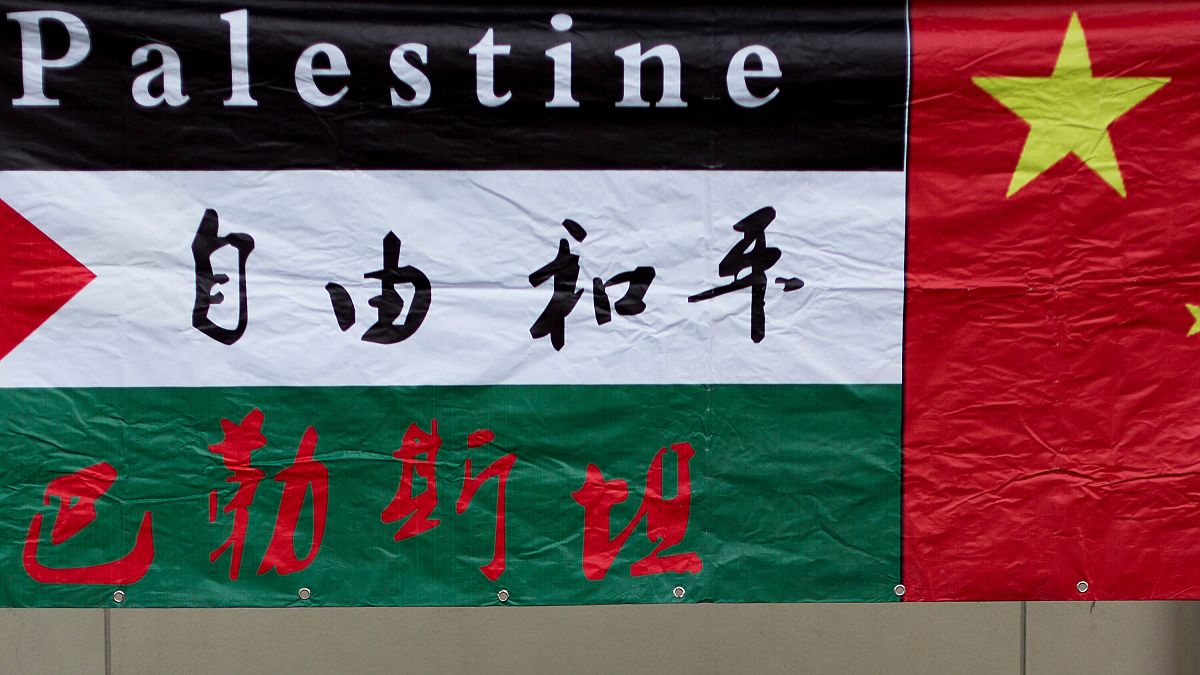Beijing has reportedly brokered a historic agreement between Hamas and Fatah, two conflicting Palestinian political factions, during reconciliation talks in the Chinese capital. The deal aims to end division and strengthen Palestinian unity, according to Chinese state media. The Hamas representative at the press conference emphasized the importance of the agreement in the ongoing struggle for the Palestinian people. This unexpected diplomatic move by China, a non-traditional mediator in the Israel-Palestine conflict, demonstrates its efforts to play a role in conflict resolution without full participation in the multilateral negotiations currently underway.
The signing of the agreement between Hamas and Fatah is seen as a significant step towards reconciling the deep-seated rift between the two main Palestinian parties. Since Hamas’s violent takeover of Gaza in 2007, the factions have been engaged in bitter rivalry over power and ideology. Previous attempts at unity talks have failed due to these internal conflicts and external pressures from the West, which has refused to accept any government that includes Hamas without explicit recognition of Israel. The history of failed attempts at unity, including the brief formation of a unity government in 2006 that was rejected by Israel and the US, highlights the challenges faced by the Palestinian factions in achieving lasting reconciliation.
Despite their differences, Fatah and Hamas have engaged in intermittent rounds of unity talks over the years, seeking to bridge the gap between their conflicting visions for the Palestinian territories. The Palestinian Authority, dominated by Fatah, administers parts of the West Bank and is seen by many Palestinians as corrupt and out of touch with their grievances. Hamas, on the other hand, is viewed as a resistance force against Israeli occupation, but has faced international isolation due to its refusal to recognize Israel. The historic agreement brokered by Beijing represents a significant opportunity for the rival factions to set aside their differences and work towards a common goal of Palestinian unity.
China’s involvement in the reconciliation talks between Hamas and Fatah comes at a critical juncture in the Israel-Palestine conflict, with US Secretary of State Antony Blinken indicating that a ceasefire deal between Israel and Hamas is imminent. While China has not been heavily involved in international efforts to end the conflict in Gaza, its role as a mediator in the intra-Palestinian negotiations signals a potential shift in the dynamics of the conflict resolution process. As the US continues to navigate the complexities of the Middle East peace process, the involvement of China adds a new dimension to the diplomatic efforts aimed at achieving stability in the region.
The challenges facing Hamas and Fatah in maintaining a unified Palestinian front are multifaceted, with internal power struggles and external pressures complicating their efforts to forge a common path forward. The history of failed unity talks and internal rivalries underscore the difficulties inherent in reconciling the divergent agendas of the Palestinian factions. The signing of the agreement in Beijing represents a positive development in the quest for Palestinian unity, but the path ahead remains uncertain as the factions navigate the complexities of power-sharing and governance in the context of ongoing conflict with Israel.
Despite the obstacles that lie ahead, the agreement reached between Hamas and Fatah in Beijing provides a glimmer of hope for a more united Palestinian front in the face of external challenges. The involvement of China in mediating the reconciliation talks reflects a broader shift in the geopolitical landscape of the region, with new actors like China seeking to play a role in resolving longstanding conflicts. As the international community continues to push for a ceasefire in Gaza and a lasting peace between Israel and the Palestinians, the agreement between Hamas and Fatah represents a crucial step towards ending internal divisions and working towards a shared vision of Palestinian independence and sovereignty.










